Stanford football offers a model that ASU wants to emulate
Sep 28, 2017, 10:33 AM | Updated: 12:43 pm
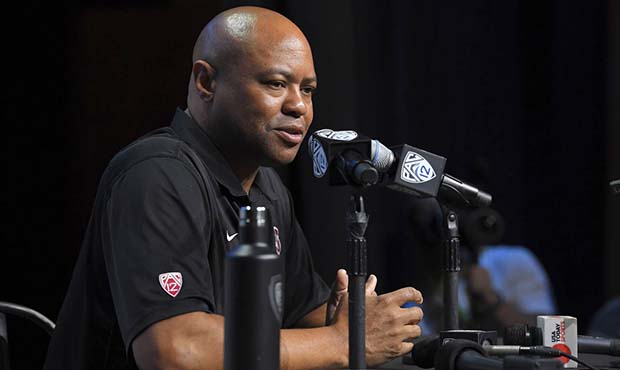
Stanford head coach David Shaw speaks at the Pac-12 NCAA college football media day, Thursday, July 27, 2017, in the Hollywood section of Los Angeles. (AP Photo/Mark J. Terrill)
(AP Photo/Mark J. Terrill)
TEMPE, Ariz. — The Arizona State football team knows what it’s going to face when it travels to Stanford on Saturday for Game No. 3 on its Pac-12 schedule: a physical football team and gifted running back Bryce Love, who leads the nation with 787 rushing yards.
The names change but the Cardinal’s approach remains the same.
“In my years here, there’s not anybody we’ve played that’s better coached than they are; better prepared,” Sun Devils coach Todd Graham said. “They’ve been the most consistent team in the league over the time that I’ve been here.”
Although Stanford is just 2-2 this season after losses to No. 22 San Diego State and No. 5 USC, the Cardinal has won at least 10 games in five of coach David Shaw’s six seasons, and it finished ranked among the nation’s top twelve teams in all five of those seasons.
There’s a reason for that consistency, in the eyes of Stanford alumni.
“It’s the Stanford way,” said ASU defensive backs coach TJ Rushing, who played for Stanford from 2002-2005. “Expectations are high no matter what you’re doing. It’s a way of life. All the clichéd things that most people say, we live it out.”
The Stanford way impacted ASU vice president for university athletics Ray Anderson so deeply that he has tried to import many facets of his collegiate culture at ASU, whether it’s a Stanford-like emphasis on offering more Olympic sports or a commitment to academics.
“The thing as a student-athlete at Stanford that I appreciated while I was there and then after leaving was the unequivocal commitment to academics on behalf of their student-athletes,” said Anderson, who played at Stanford from 1973-75. “There was just not going to be any coach or any staff member that could usurp your academic requirements or your academic interests or your academic obligations. It was institutionalized, it was cultural and that’s the thing I most admired about Stanford: no compromising on admissions, no compromising on requirements, no compromising on expectations.”
Anderson said that emphasis had an impact on the field, too.
“They recruited people who wanted to excel in both academics and athletics so it resulted in a more disciplined, academic-driven student-athlete, and in some cases, more intellectually inclined,” he said. “When you’re a little more intellectually inclined, you probably don’t need as many repetitions or sessions on a particular offense or defense. You’re probably able to absorb more and execute more quickly than maybe some other folks.”
When Pac-12 analyst Evan Moore applied to Stanford before the 2003 season, he said Stanford analyzed his high school course load and asked him to replace one of his easier classes with something more challenging.
“That spoke volumes to me,” said Moore, a tight end at Stanford from 2003-2007. “I had worked extremely hard in junior high and high school on my academics, and I always wanted that to matter in my pursuit of playing big-time DI ball. It mattered to Stanford. Without it, I wasn’t getting in, and that was so important to me.
“I saw this general philosophy manifest itself in various ways when I got there, but in the most general sense there is just a distinct feeling of solidarity among the guys there. Nobody is there by accident, and that makes the bond that much stronger. Each guy’s path to play ball there is paved with years of intentional efforts to play at what we all consider to be the premier athletic/academic institution in the country, and because of that, each guy takes so much pride in his work while he is there, both on and off the field. Each guy has been afforded this amazing opportunity, and each guy will be damned if he doesn’t take full advantage of every minute there.”
Stanford coach David Shaw said it’s a philosophy he preaches daily to his players.
“We talk about being a Stanford man and what that means,” he said. “I think that’s about being thoughtful about everything that you do, and being intentional. We have great athletes but it’s never just about athleticism. It’s about hard work, it’s about humility, it’s about doing the right things, it’s about doing the little things, it’s about not assuming that you are going to be handed anything but that you earn everything that you receive, but also wanting that.
“We want you to want to earn everything. We want you to work for things. That’s the only way that you will appreciate anything that you receive is if you’ve earned it and worked for it. Now do that in concert with your best friends, the guys next to you. Learn to push yourself and push each other and then when we do have success be grateful, be grateful to the people around you, be appreciative of what you did accomplish.
“In today’s day and age, so many things are backwards. It’s about the individual. It’s about the self. It’s about ‘celebrate me. Look at me. Put me on Instagram. Put me on social media. Everywhere. I want to be out front,’ as opposed to saying ‘let’s be out front together, let’s work hard together and when I do accomplish something recognize the other people.’ We try to take the hoopla out of the things that are over-hoopla’ed, in our opinion, and be a real person.”
Anderson said that approach accomplishes far more than winning games.
“I don’t think it’s any coincidence that a lot of the student-athletes that come out of there go on to be real, significant leaders,” he said. “And then they circle back and become ambassadors and contributors to perpetuating the culture and elite status of the university.
“I’m trying to bring some of that to ASU, no question about it.”


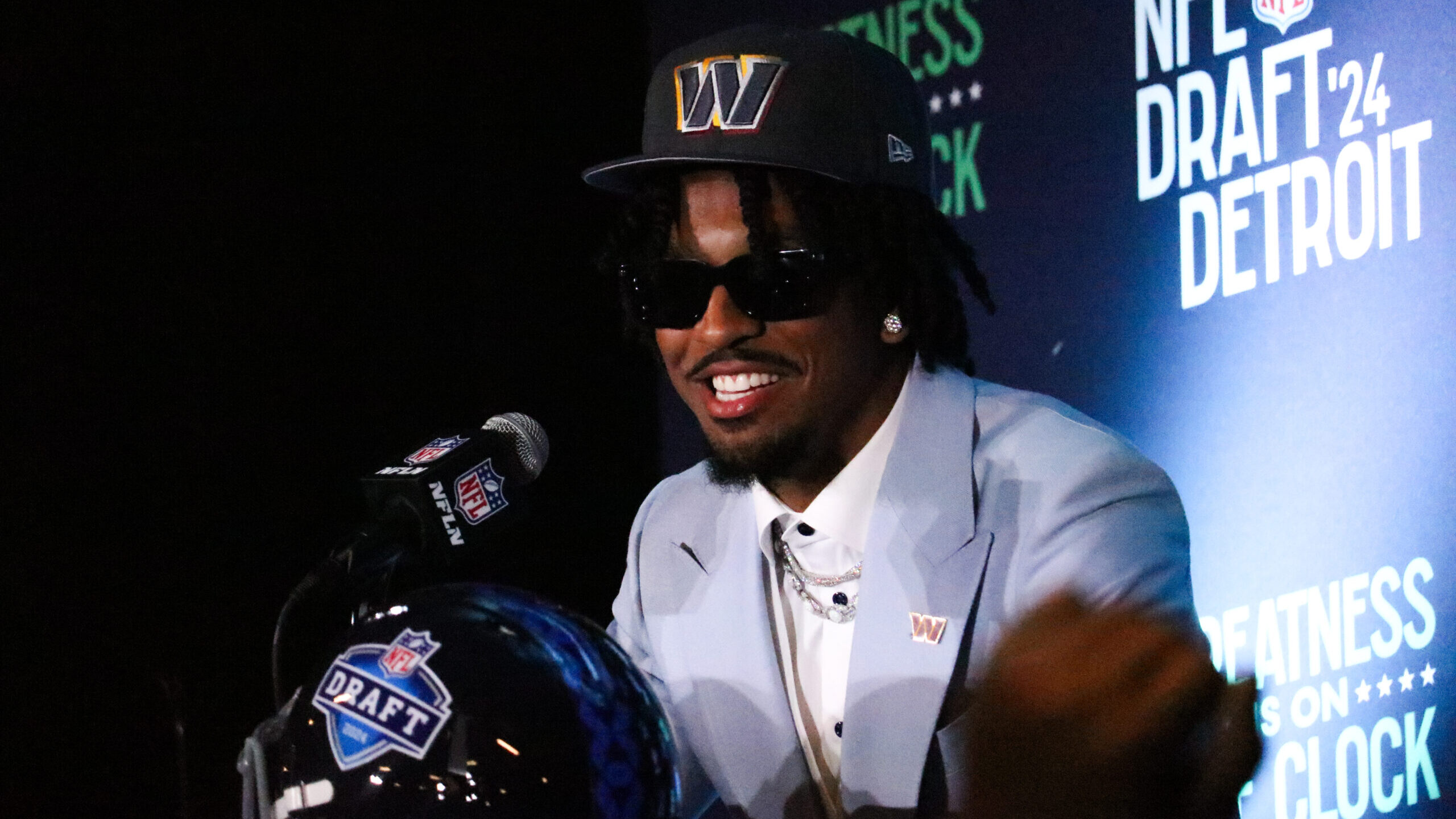
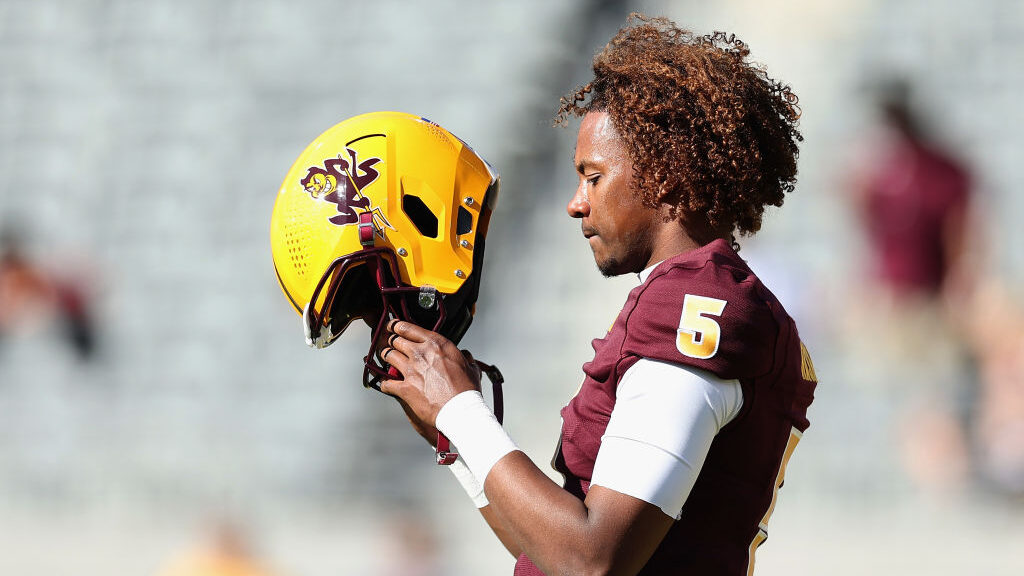
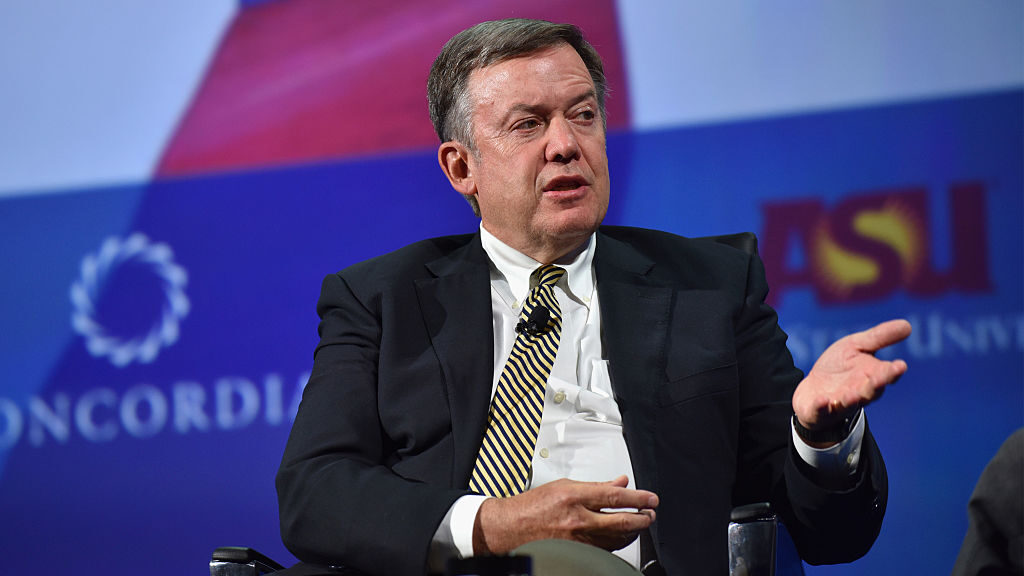
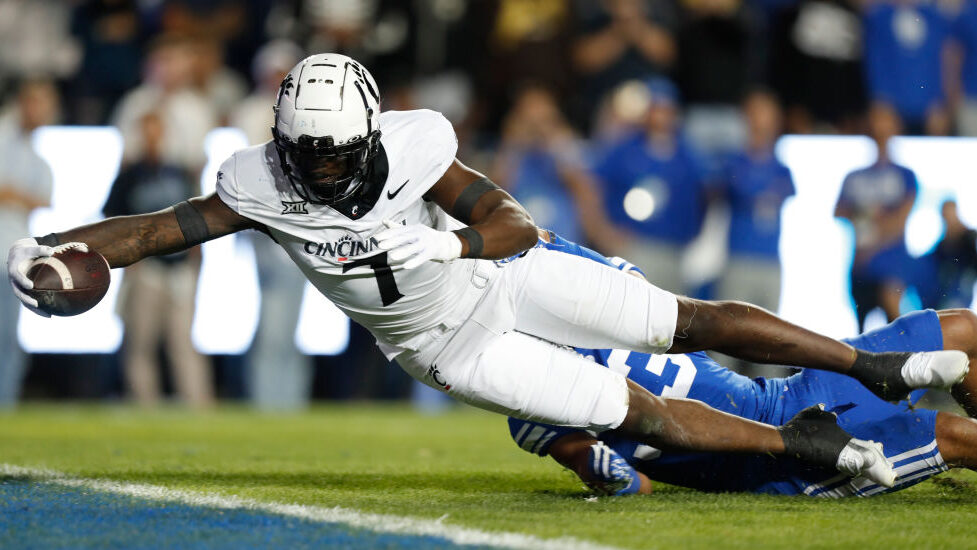
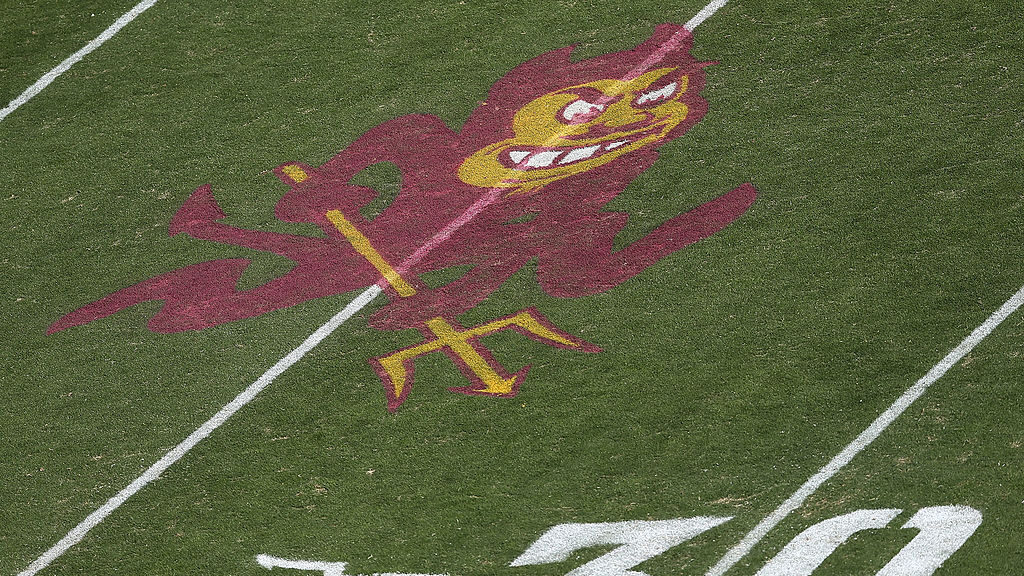
Comments